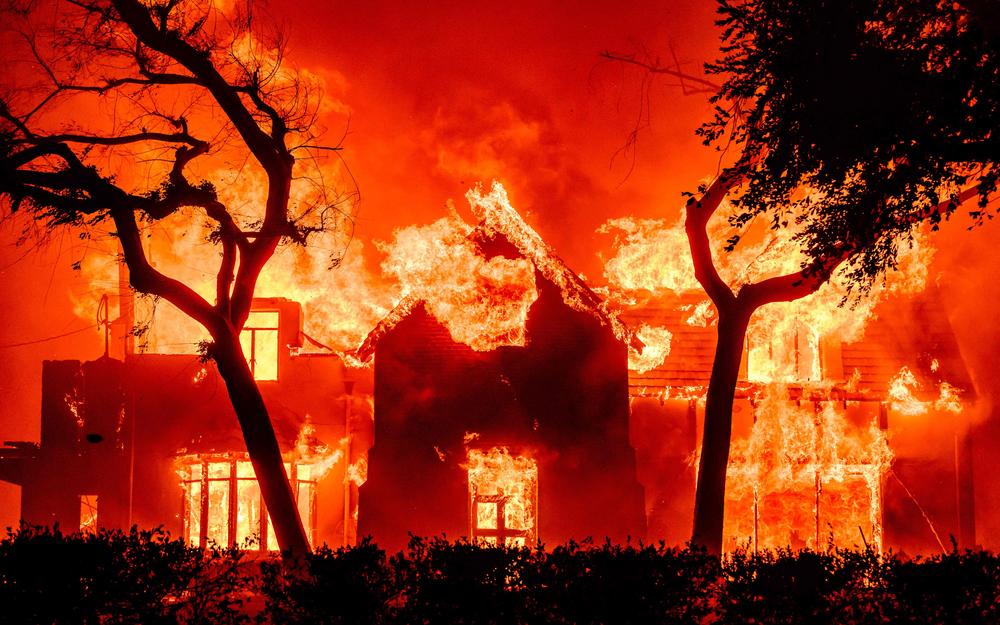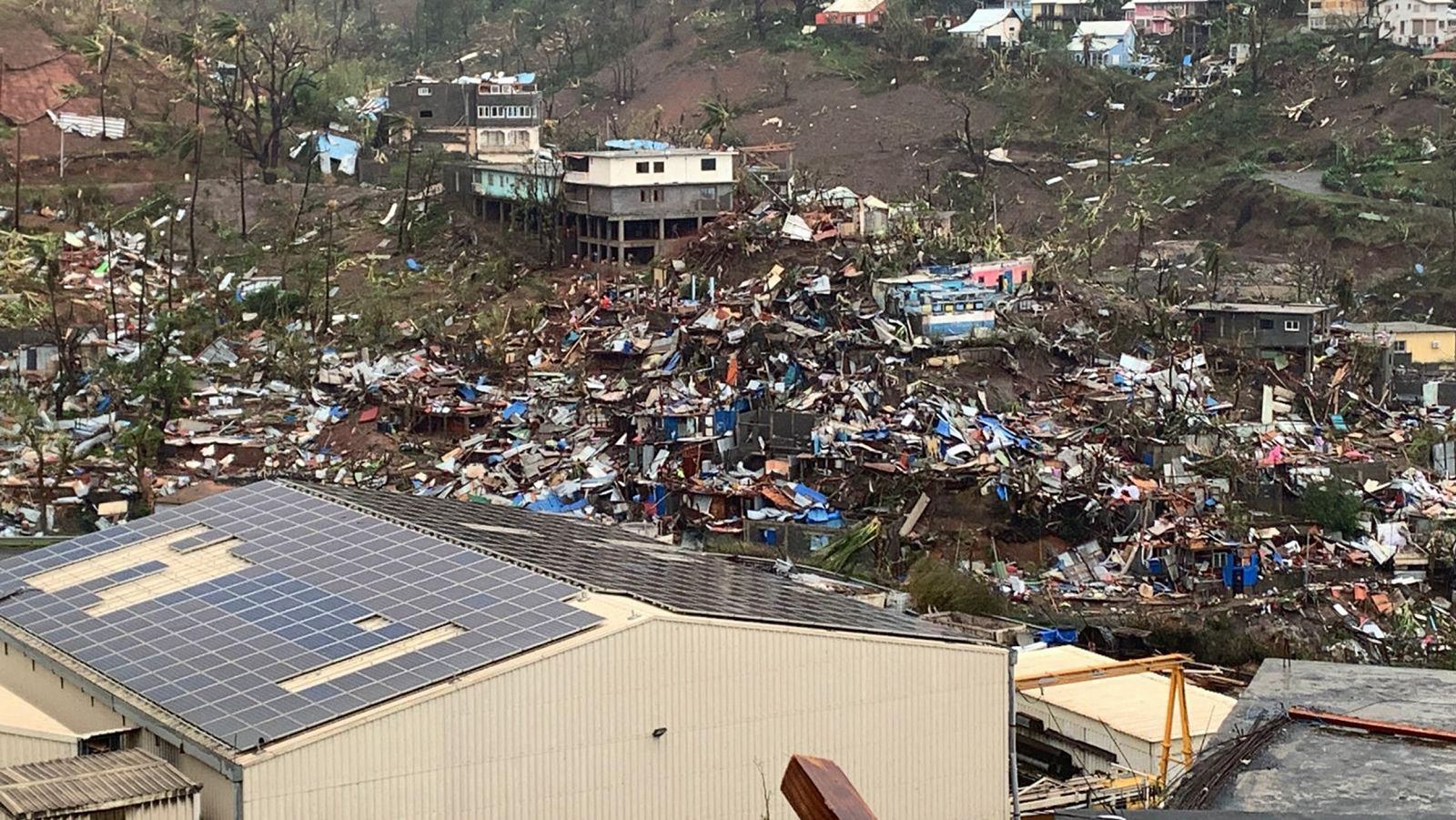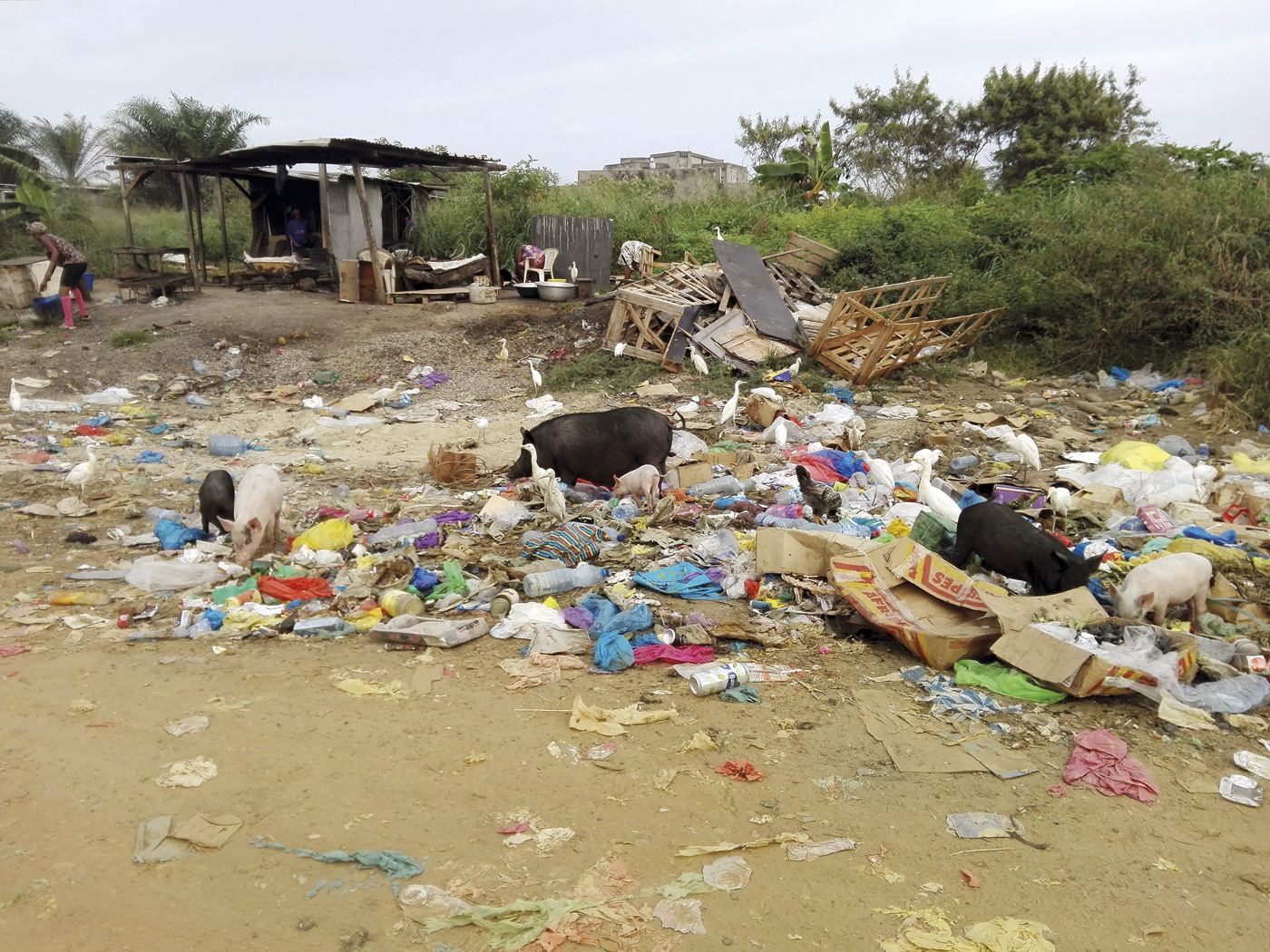Portugal: smoking in 2003, smoking in 2017 and still waiting for burns
- In the June fire in Portugal, the surprise has done its job, as it needs a tragic coincidence that people who bathe in a beautiful river are blocked by the escape of fire on a road. But, moreover, the disaster that has devastated Pedrogão Grande and its surroundings, indicates how expensive the effects of climate change will be and how little our society is prepared to deal with them.
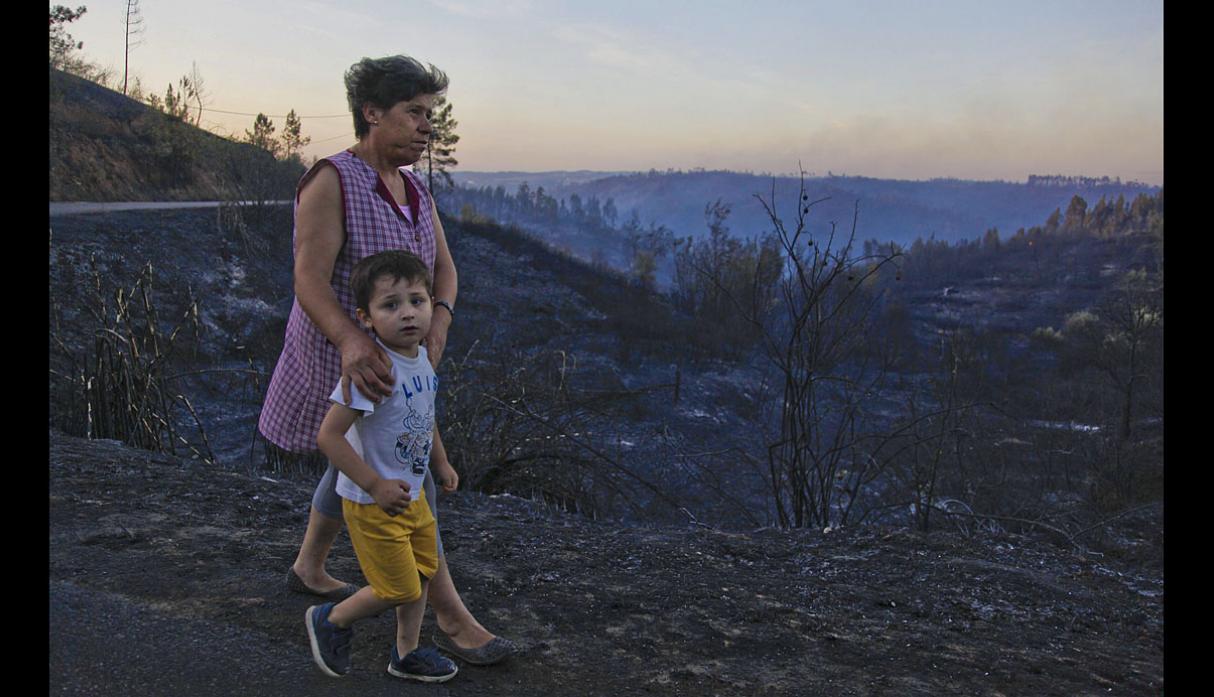
Much has calcined the fires that have occurred on the night of 17 to 18 June in Portugal. 64 deaths, 47 of them on the cursed road of Pedrogão Grande, two missing, 204 wounded, heavy damage in dozens of towns and small neighbourhoods, 45,000 hectares transformed into cultivation fields and mountain ashes… Prime Minister Antonio Costa said it was the greatest tragedy that Portugal has known for years with the fire. As it has not been the first, it will not be the last.
As a dry lightning bolt ignited the forest, the green sites surrounding Pedrogão had no flaw for the streets that, like from Lisbon, approached to seek peace from other cities. The 3,000 firefighters and volunteers who have been unable to control the flames have realised that the bucolic landscape was home to an enemy, a eucalyptus burning as a paper, a dead tree to which everyone is now guilty of the accident. But not spontaneously.
In a year's time no one will remember and there, as in Gipuzkoa and Bizkaia, they will continue to plant pines and eucalyptus on the Zarzal Mountains. The current ones will surely be extinguished as the alarms that were turned on in 2003. Summer 2003 was also particularly hot, as in Euskal Herria, in Portugal. The fires were also terrible. A few years later, in 2006, the IFFN International Forest Fire News, a fire monitoring and investigation newsletter under the United Nations, launched an alert in a substantial 21-page report: “The deep roots of the fires in the mountains of Portugal 2003”.
In 2003, the Portuguese lost 4.3% of their burned area (Greeks 4.6%, Spain 1.3%), representing a total of 160,000 hectares. If the time record is broken this year, we will have to see how it is opened four times in June.
Although Portugal is on the Atlantic coast, the Mediterranean country is more climate, which implies a higher risk of incendios.El climate change has also placed Greece as Spain and, in general, the entire Mediterranean region among the most affected by global warming.
If Portugal has 3.2 million hectares between forests and scrublers, it has 1.7 million hectares of pine and eucalyptus, more than half of the forests. Of the rest, it grows by 0.7 million hectares of cork, used in the manufacture of cork historically so important in the economy of the country. These species have collided with each other in recent decades: although the cork oak gives a good amount of money, it requires a lot of labor, while pines and eucalyptus are of interest to the paper industry.
Since the 1970s, fires in Portugal have increased year after year, coinciding with the profound changes that have taken place in agriculture. The baserritars have diminished, the villages have been evicted and the cottages that used to clean the scruffs and the forests have disappeared with the peasants. The Administration has taken into account the interests of landowners and the paper industry in reforming abandoned land, without adapting land management to the needs of agriculture. Accordingly, fire prevention plans have ignored local farmers and the importance of species diversity, and authorities have promoted the most flammable tree species, eucalyptus and pines.
Eucalyptus didn't come on foot
In view of the fires in 2003, they wrote in the IFFN report: “Pine and eucalyptus are of great importance to the Portuguese forestry economy, so drastic fire prevention measures must be implemented. But in non-economically profitable areas, these kinds of trees should be avoided, prioritizing instead those that best resist fire and provide better landscape benefits such as the environment.”
The change, however, was painful. In 2013, ten years later, the situation remained the same or worse, as Eco 123 showed in his article “Monchique and Eucaliptus in Portugal”. It cites the case of a small town as the situation of most rural areas.
In the municipality of Monchique (6,000 inhabitants), in the Algarve (south), 76 per cent of the forests and forests are made up of eucalyptus. In the fires of 2003, 80% of the surface was burned, many farms that have turned into ashes, thousands of hives, cattle, cork mills -- but in ten years always the same vegetation and landscape.
Many years earlier, in 1991, the fires lasted for a whole week in the mountains of Monchique, and the team confesses that the population is very afraid that it will happen again. “The mountain burns again and again and destroys the cottages of small farmhouses and many times the houses. That’s why the next fire is just a matter of time.”
When in the 1960s large landowners began cultivating eucalyptus with the help of industry and authorities, Monchique had almost 15,000 inhabitants. With the peasant exodus they have been reduced to less than half.
In the area where eucalyptus is strengthened, almost all plants from before, avellano, carob, gurbitz and cork fade. “And in a vicious circle,” they wrote in the chronicle, the fires further strengthen the invasion capacity of the tree. Once burned by flames, eucalyptus re-sprouts from roots and seeds (...) Eucalyptus have dominated as plague the extensive areas of Portugal and with them forest fires have multiplied. The volatile oils of the trees are very flammable. The damage caused by these fires is quantified in billions of pesetas, the ecological damage is incalculable and the social, health and cultural consequences have not been taken into account by the authorities”.
However, eucalyptus has not come on foot from Australia, nor has an insect come on its own from China that has caused the mountains of Navarra to flush without leaves. The heads of paper mills calculated the benefits, excluding from the accounts the costs of collateral damage. It has not announced the major crises of 2008 at the debate table. More and more fires, more need for firefighters and equipment... and at the same time, forced by the State to make drastic cuts in its public services, local citizens have often been found abandoned in the face of the unnatural disaster.
Disasters caused by climate warming far outweigh the limits of suffering and devastation. The governments, for their part, have been forced to leave no money or means to deal with evictions. The next fire will not be more temperate.
There was no one or all. That we all suffer at least if the necessary changes are not made so that no one suffers the climate emergency. You – reader – I – Jenofá-, they – poor – and they – rich. The fires in Los Angeles did not give me satisfaction, but a sense of... [+]
The understanding and interpretation of the mathematical language is what is important in the learning process, at least it is what we say to our students. The language of mathematics is universal, and in general, the margin of error for interpretation tends to be small. We... [+]
Recently, when asked what the climate emergency consisted of, a scientist gave the excellent answer: “Look, the climate emergency is this, you increasingly see on your mobile more videos related to extreme weather events, and when you realize, it’s you who are recording one... [+]
In recent weeks it has not been possible for those of us who work in architecture that the climate phenomenon of Valencia has not been translated into our work discourse. Because we need to think about and design the path of water in decks, sewers, plazas and building parks. We... [+]









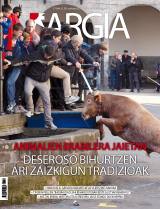

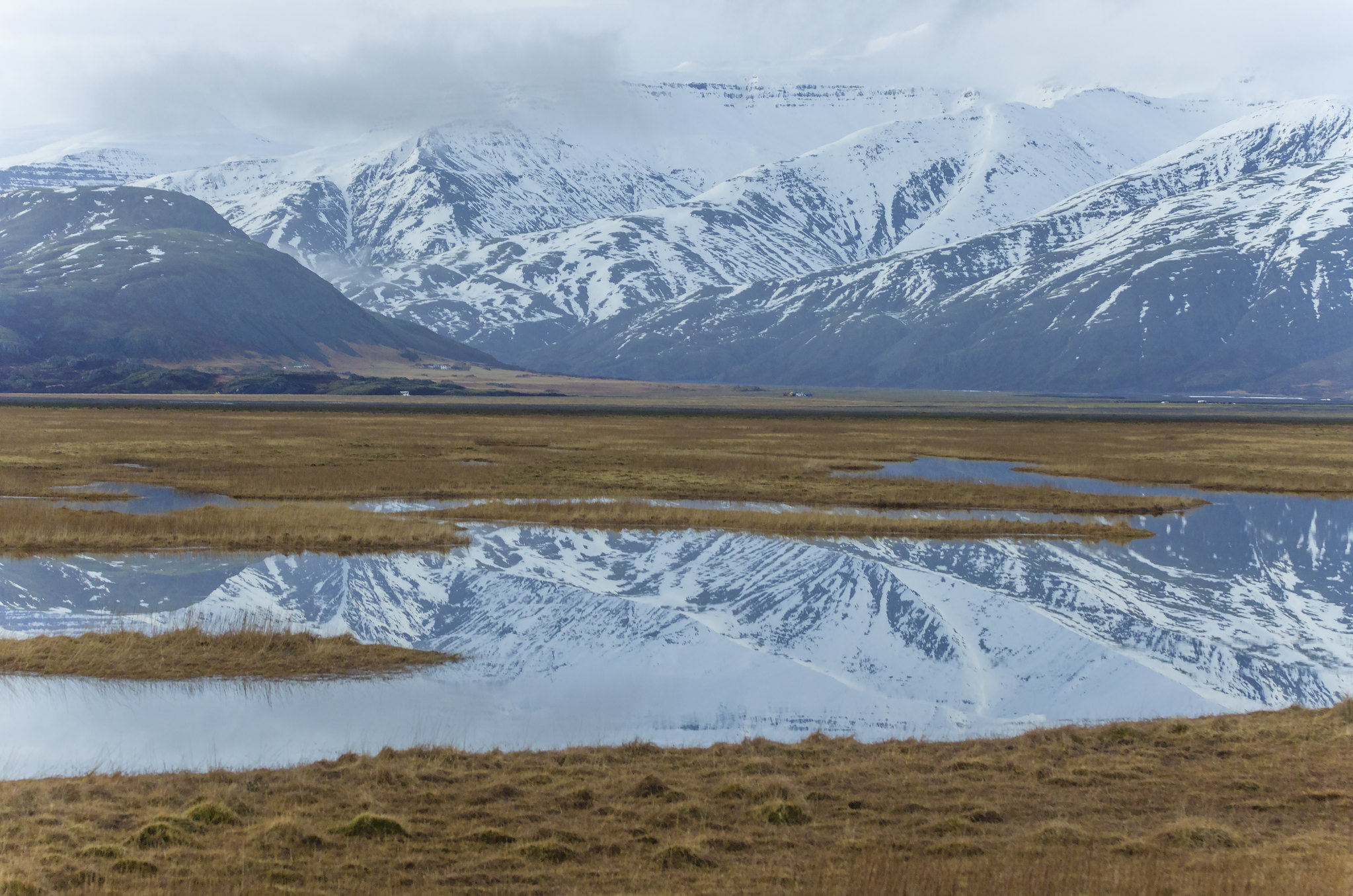
-(1).jpg)
